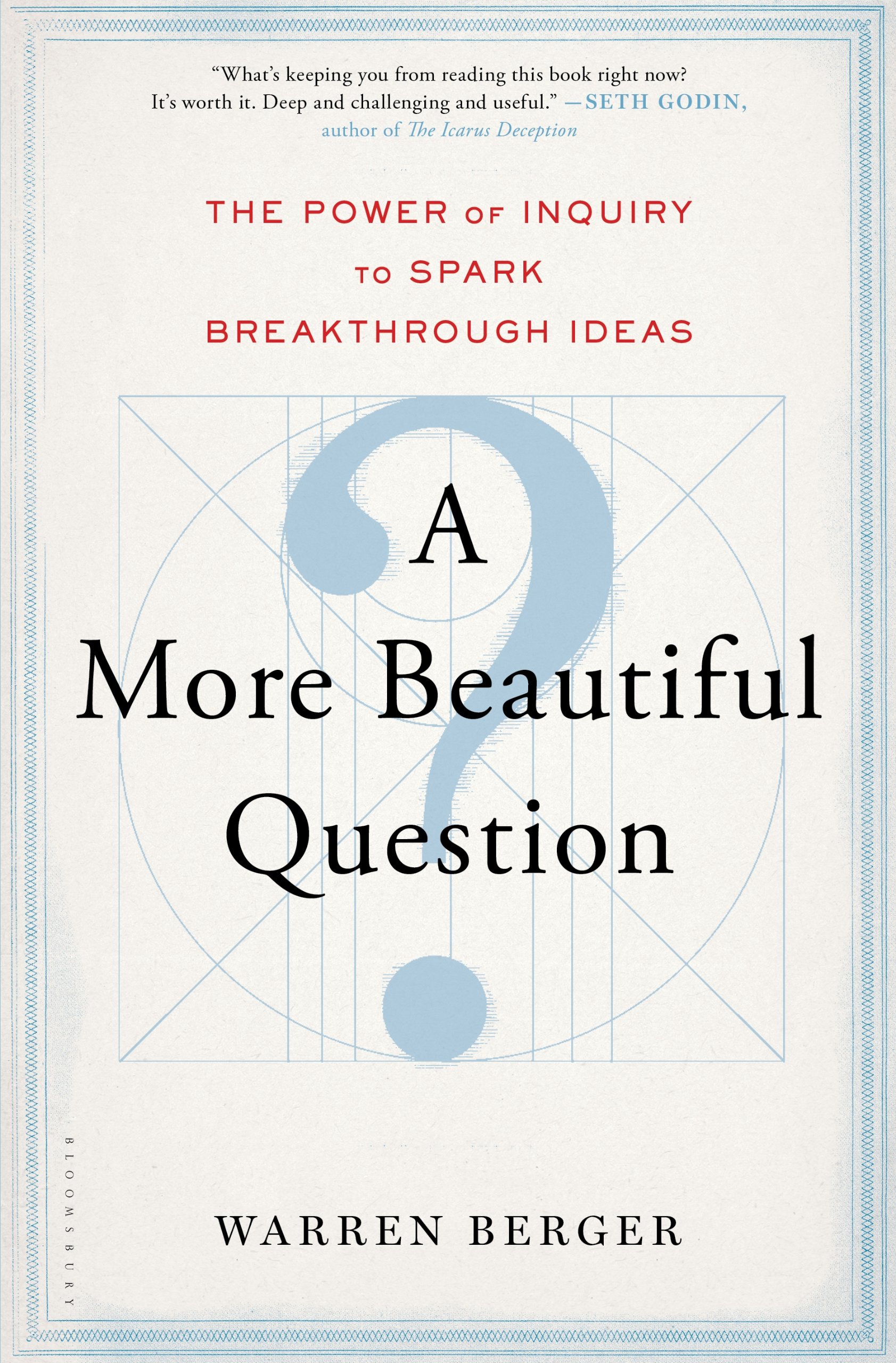"Always the beautiful answer who asks a more beautiful question." - e.e. cummings
Well, life got in the way last summer and I never finished it. However, I continued to think about it. So, I picked it up again a week ago and devoured it! What a phenomenal read. It spoke to me as a mother, teacher, learner and coach. I think had I stuck to the sketchnoting it might have filled a whole sketchbook.
Much of the professional development I have done in the last couple of years was most definitely influenced by the ideas in this book (it is about 3.5 years old). Ideas about mindfulness, ideation, cognitive dissonance, empathizing with your audience, and embracing failure are shared alongside real life examples of people and companies who have successfully incorporated these ideas into their work and/or life and flourished.
I don't want to spoil it but I will share three of my favourite take aways.
1. While people will resist answers they are often very open to questions.
This idea struck me on two levels. Firstly, as a coach I really reflected on how to help others. Going in with all the answers might turn people off; offering questions so they can come to their own conclusions is far more empowering. Secondly, it made me think about schooling in general and the importance of Inquiry. If we as teachers just offer the answers than we can surely expect MANY of our learners to resist and feel disenfranchised. Asking question, so learners can forge their own path is a far more authentic (and difficult) way of learning.
2. Follow someone you disagree with on Twitter with an open curious mind.
I am not very political, but being a Canadian educator I think my values align far more with the Democratic agenda. While I was on vacation this year I met a number of supporters of President Donald Trump - one was even a teacher who took her students to a Trump rally during the election trail. I really enjoyed speaking to these people about their reasons to support someone I cannot understand*. I did keep my mind open and learned a lot. Dissonance is good for growth.
3. Mission statements as questions
This likely struck me the most. When organizations have mission statements it suggest finality. Missions should be, like their audience, dynamic, not static. Posing a mission statement as a question allows for an organization to change based on audience needs, and gives a chance for employees to feel they have a voice in finding the answer to the question - hence creating a collaborative environment. Think about adding How Might We in front of a mission statement and tweak it from there.
Bottom line: Read it. I might have to read it again - and I think I might go buy the paper copy so I can mark it up.
*I didn't want a political tirade to tie up my post but I cannot fathom someone who would support a man who has build a platform on what I see as racism, misogyny, homophobia, and hate. That said, I do realise that I form these options because of the biased views I am presented with in the media I choose to read/watch. For example, the people I spoke with gave me insight on the Chelsea Manning case I had not considered.



No comments:
Post a Comment